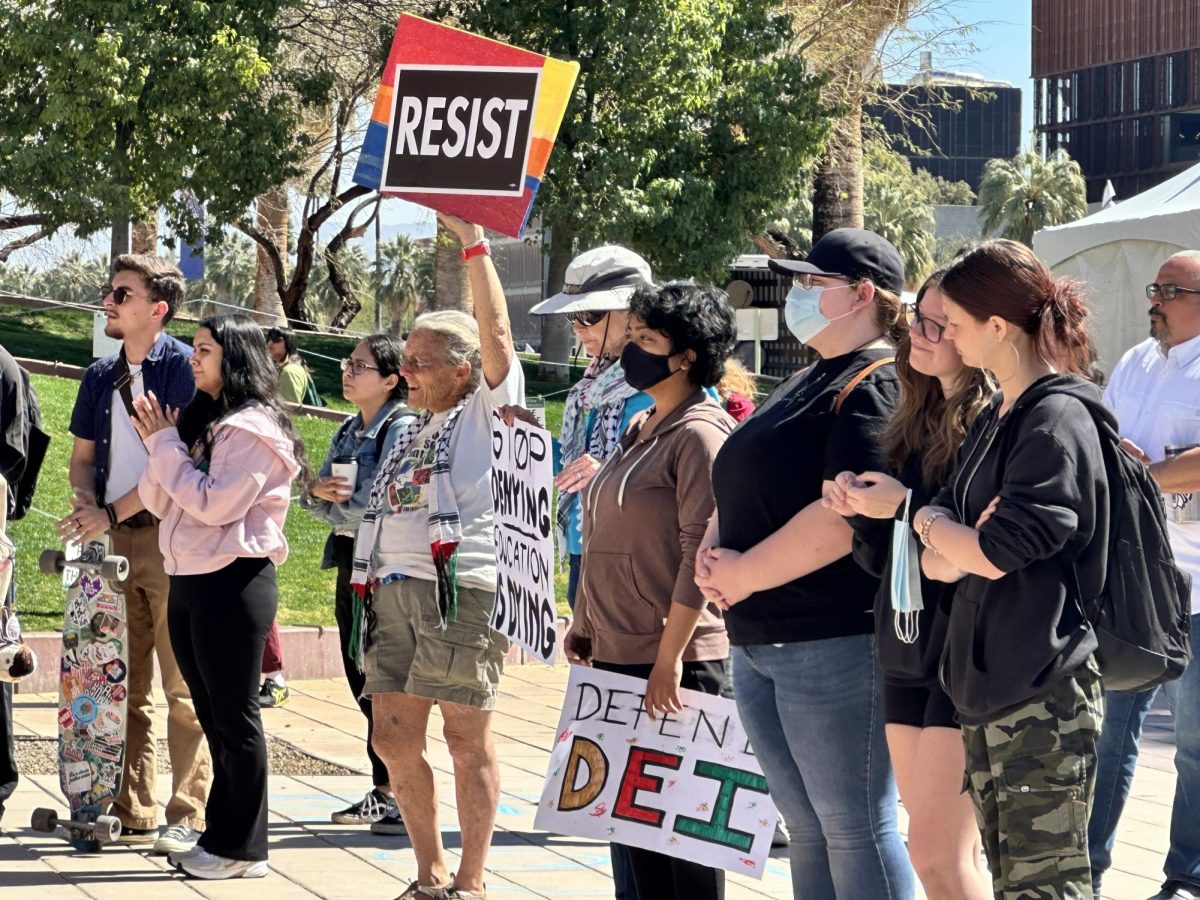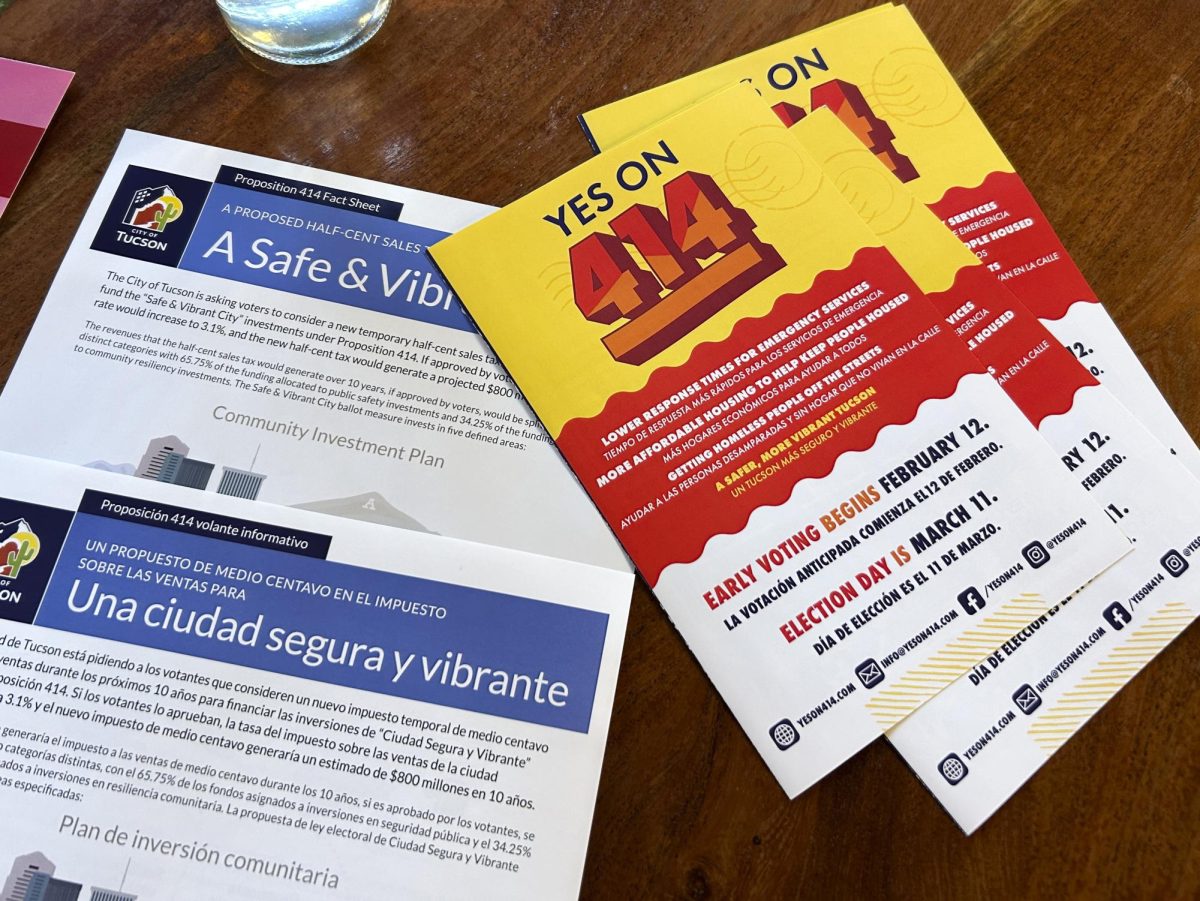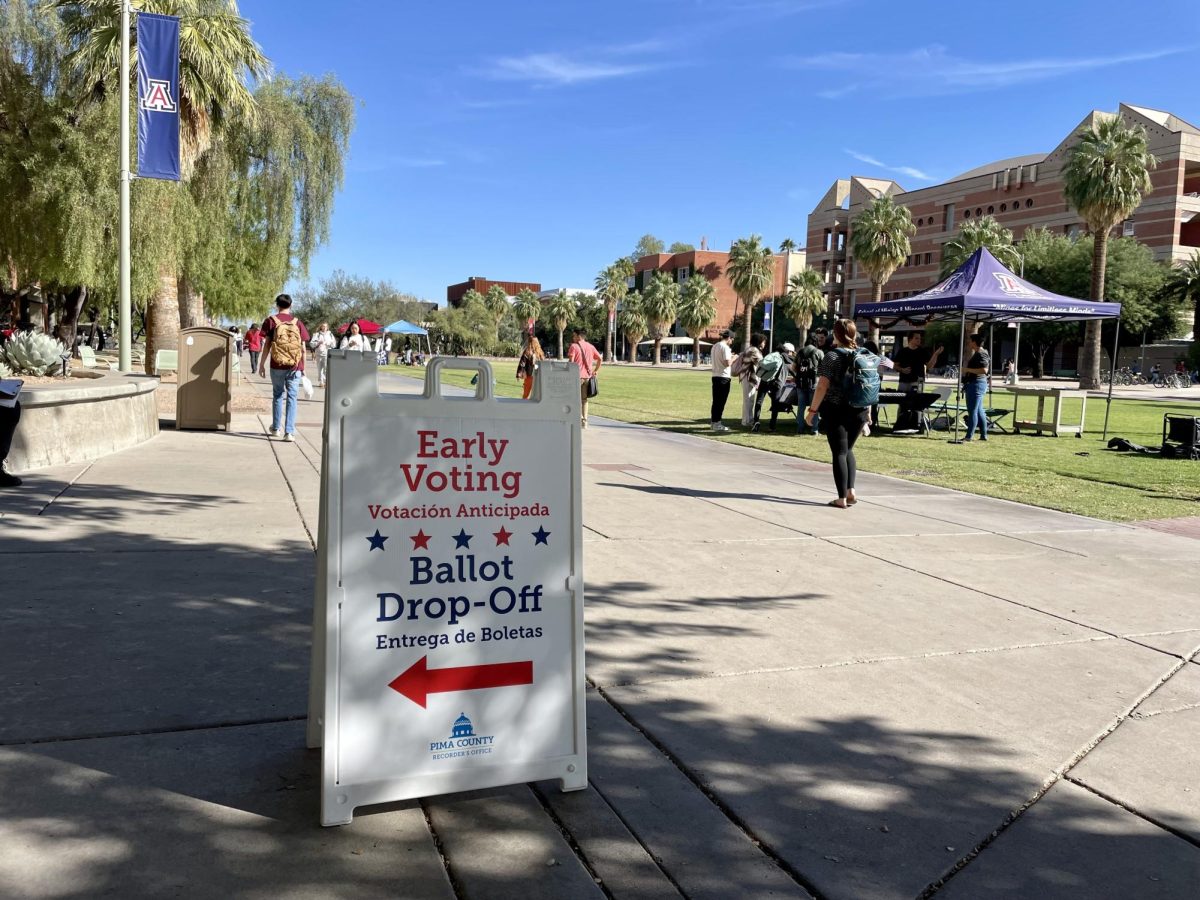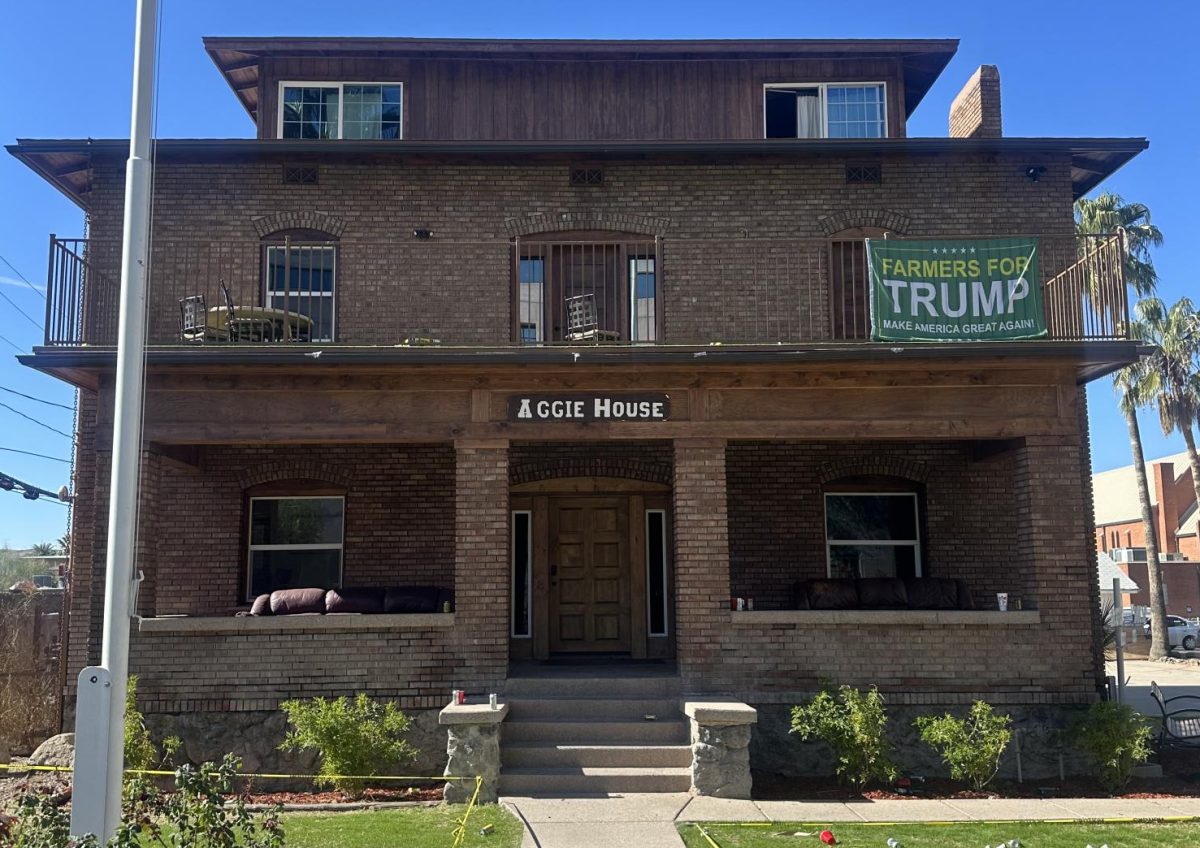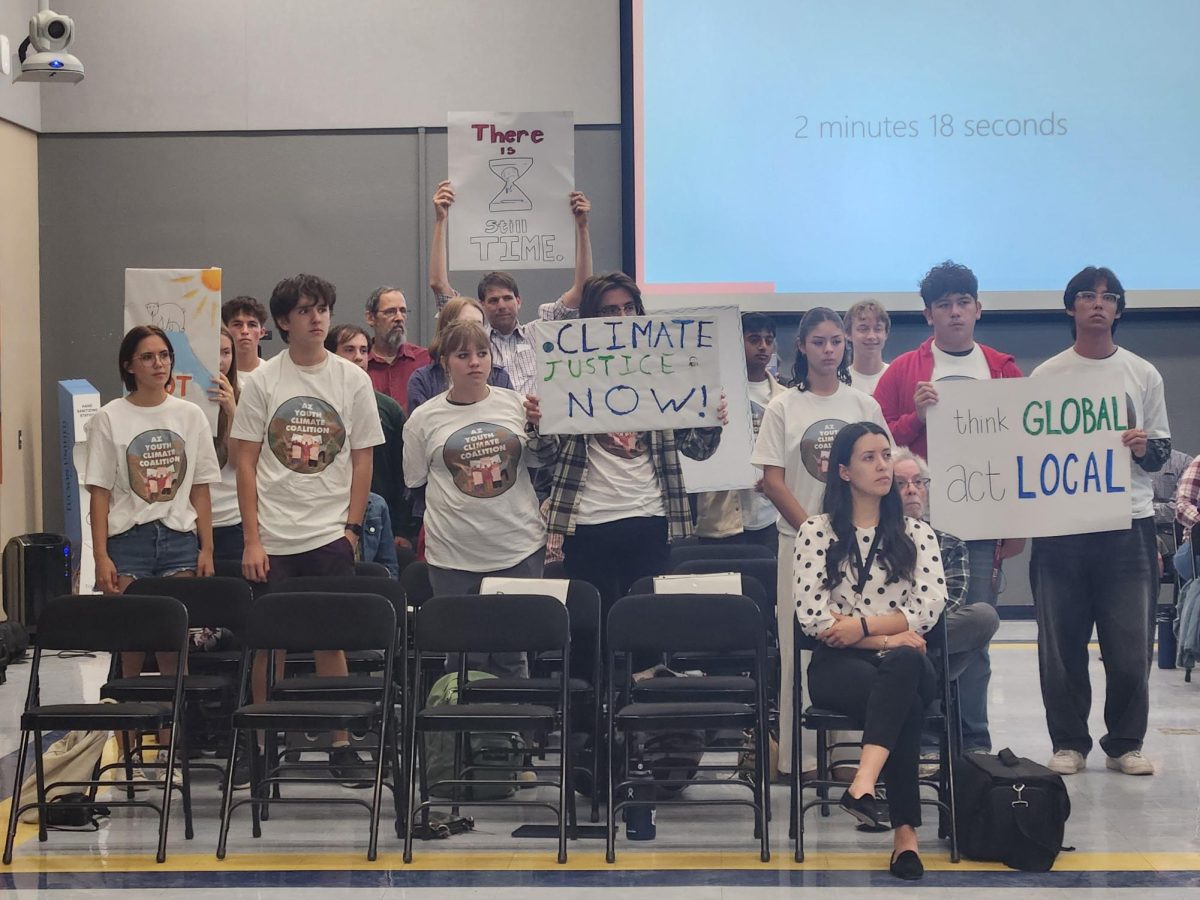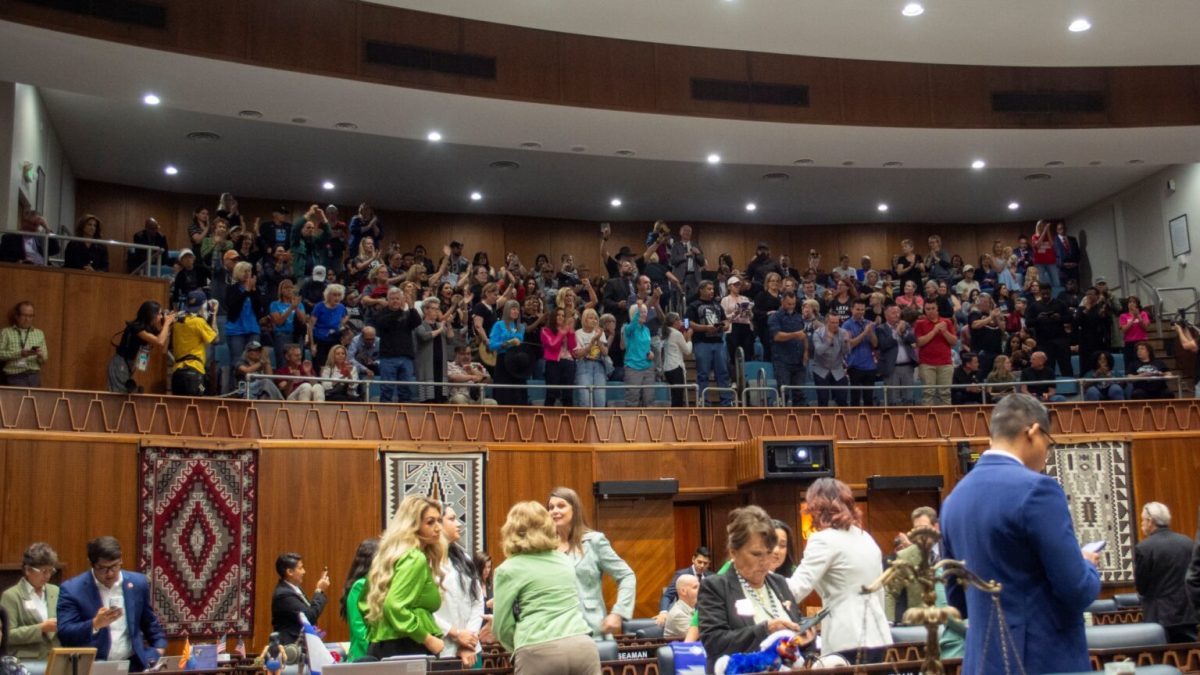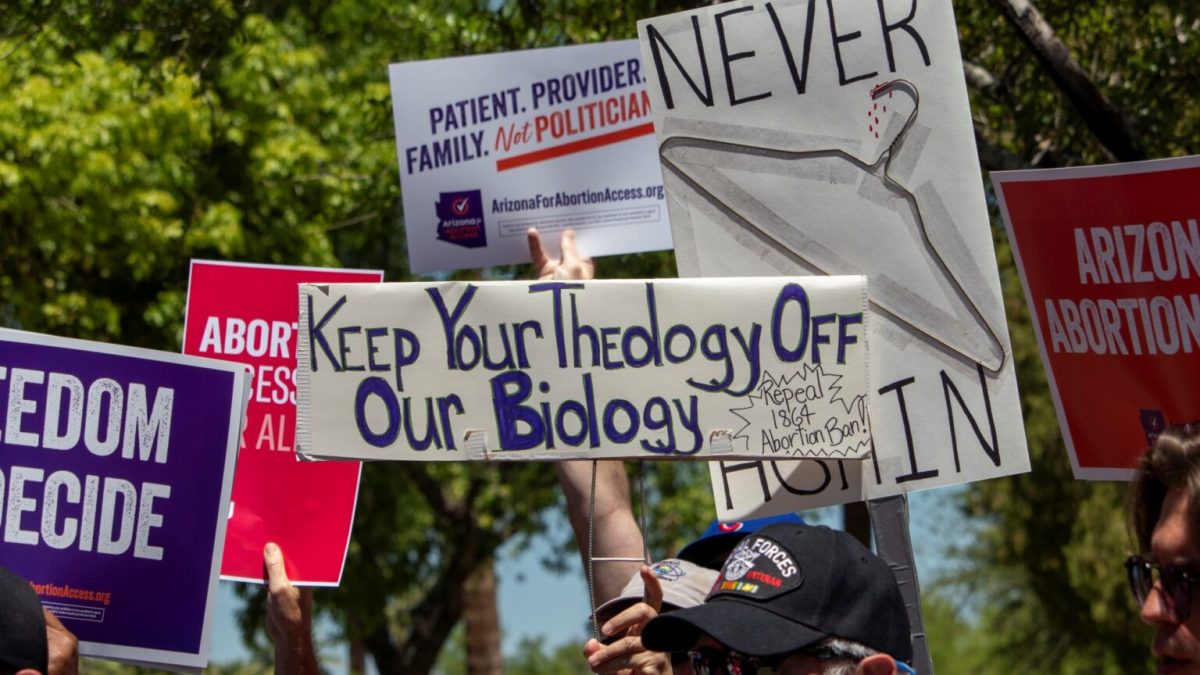Heat deaths hit a record in Maricopa County in 2023, and 40% of those occurred in mobile homes, even though mobile homes make up just 5% of Arizona housing.
Spurred by that staggering statistic, the Arizona House of Representatives unanimously approved a measure to give residents in mobile homes more freedom in how they cool down their homes.
“Protecting these communities and the people that live in them is a way we protect and support affordable housing in our communities,” Wildfire Arizona’s Maxine Becker told lawmakers. “No one should die from heat in their own home.”
Maricopa County confirmed that 146 people died indoors from the heat in 2023, indicating an already 70% increase from the 86 indoor heat deaths that occurred in 2022.
ASU researcher Patricia Solis is the executive director at the Knowledge Exchange for Resilience at Arizona State University, a center dedicated to strengthening the community by publishing data relevant to issues plaguing Maricopa County, like housing and poverty. She has been studying how mobile home residents are disproportionately affected by heat for the last six years.
According to her research, many mobile home owners park their units on lots rented from landlords. These lots are often concrete, which not only hinders the tenants ability to plant trees for shade, but also reflects heat back up into mobile homes. These factors, coupled with the often poor insulation in older models of mobile homes, can create unbearable conditions, she told the Arizona Mirror.
Confronted with such circumstances, mobile home owners may consider attaching an awning to their unit’s window, installing a window air conditioning unit, or enclosing the space beneath their homes with skirting — but only if they can get the okay from their landlords.
“We have seen cases where landlords have told people they can’t have shades or put in window AC (units) for aesthetic reasons,” Solis said. “From a research perspective, that can be deadly.”
She said House Bill 2146 would ensure landlords can not prohibit solutions that help people survive the scorching Arizona heat.
“It’s their own home, after all,” Solis said.
The legislation would allow tenants to freely choose cooling equipment that fits within their lifestyle and budget, as well as give them the opportunity to plant their own trees for shade.
Pat Schoneck, president of Arizona Association of Mobile Homes, said this issue has been amplified by a dramatic shift away from family-run mobile home parks to those run by large corporations.
Schoneck, who lives in a mobile home park in Tucson, told the House Commerce Committee that, when a neighbor of hers was having trouble keeping his home cool, she was able to help him install a window unit without asking for permission because they lived in a family-owned park.
But she said that if they had lived in a larger, corporate-owned park that did not allow that type of AC unit, she believes bigger problems could have arisen.
“We get calls from all over the state, every single day through the summer, with people who are told to take down window shades, told they can’t have a window AC to help,” Schoneck said.
Janna Day, a lobbyist for the Manufactured Housing Communities of Arizona, which represents the interests of mobile home park landlords, raised concerns about the real-world application of the bill.
She said that, for some higher-end parks, window air conditioning units have been prohibited as a way to preserve the value of the park, calling the units and the noise they can create “problematic” and “unsightly.”
“There are situations in which parks have rules and regulations that are provided to the tenants before they move in,” said Day. “You can have a community where the homes are really close together, so the park owner has chosen to establish a rule that there are no window units allowed.”
However, lawmakers seemed more concerned about the safety of the vulnerable mobile home population than the effect that awnings and air conditioners could have on the appearances of mobile home parks.
“I feel the public health benefit could possibly outweigh the aesthetic nature you’re trying to create in a mobile home park,” said Rep. Matt Gress, R-Phoenix.
The bill heads next to the Senate for further consideration.
This story was originally published in AZ Mirror.



